Have 100% of cattle slaughterhouses audited to meet the NAMI Animal Welfare Standards by 2025.

At MBRF, sustainability is more than a commitment: it is a daily practice that guides our decisions and actions. It is present in our culture, our business strategy, and the way we conduct our activities.
As one of the largest food companies in the world, we strive to generate a positive impact throughout our value chain – from farm to table – by promoting responsible, inclusive, and regenerative practices.

Our Board of Directors is supported by Sustainability Committees that monitor strategies, results, and trends, with a dedicated department for managing risks, opportunities, and ESG performance. To this end, we rely on commitments, metrics, indicators, and short-, medium-, and long-term goals aligned with material themes.

Through the Sustainability Platform, we present our commitments based on six strategic pillars, which translate into indicators, metrics, and short-, medium-, and long-term goals aligned with the most relevant business issues, according to our materiality matrix.
MBRF has invested in sustainability with strict goals, monitoring the supply chain to reduce deforestation, using renewable energy, supporting regenerative agriculture, and developing technologies to control carbon emissions, with the ultimate target of leading the transition to a low-carbon food chain. We direct these efforts through our Sustainability Platform, focusing on six major themes: climate change, sustainable sourcing, natural resources, waste and packaging, animal welfare, and social impact.

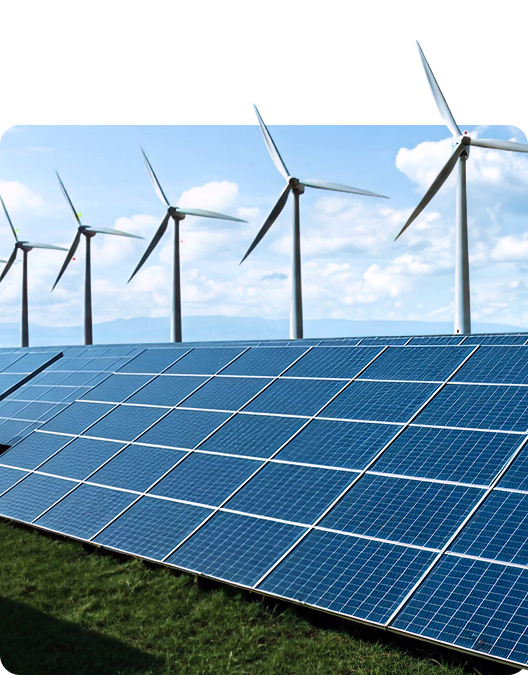
We focus our efforts on identifying, assessing,
and influencing actions to mitigate and adapt to the impacts
of climate change throughout the value chain.
Our emissions are tracked and monitored
according to the following scopes:
Seeking to mitigate climate change effects, we are committed to reducing emissions and building a low-carbon economy, with climate targets validated by the Science Based Targets Initiative (SBTi). We operate on four fronts:





Our climate challenges are aligned with the goal of limiting global warming to 1.5°C °C, as established in the Paris Agreement. We were the first beef company in the Americas to have its climate targets approved by the SBTi in 2022. We were also the first in the food sector in Brazil to have FLAG targets validated by the SBTi in 2024.


We have strengthened our connection with the supply chain, bringing together initiatives focused on the responsible procurement of raw materials and the engagement of producers with the best sustainability practices.
To meet our commitment to a 100% deforestation- and conversion-free supply chain by 2025, MBRF invests in the traceability of its main commodities, maintaining policies that establish socio-environmental criteria to be followed by our business partners.

To ensure that 100% of the grain supply chain
– direct and indirect – in the Amazon, Cerrado,
and other regions is deforestation – free.

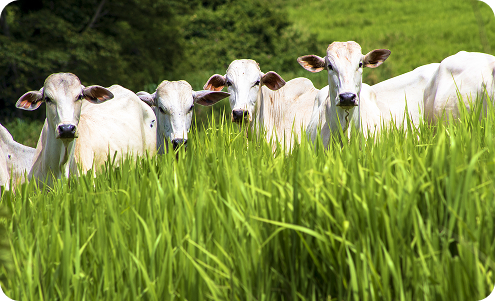

We focus our efforts on water and biodiversity, both in our operations and throughout the value chain, aiming for best management practices and reducing impacts on the environment and society.
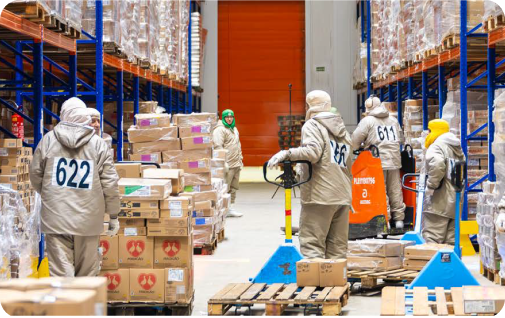
We promote the efficient use of resources at all production stages, from product and packaging innovation and design, through the use of byproducts in the industry, management of solid waste generated in operations and post-consumption, encouraging circularity and the valorization of inputs.

We focus on animal care both in the supply chain and in our own operations. All our activities follow the most stringent guidelines and national and international standards to ensure humane slaughter.
Recognizing animals’ ability to feel, we adopt high standards of animal welfare throughout our production chain. We have several commitments related to the raising of poultry, swine, and cattle, guided by national and international guidelines to ensure proper care and humane slaughter, both in our operations and throughout the supply chain.
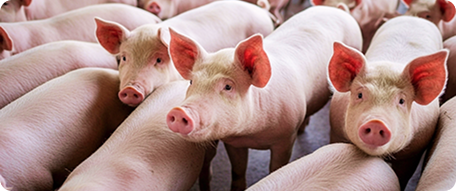
We respect the 5 inherent freedoms of animals: We ensure that during the handling of cattle, poultry, and swine – from the farm to the production units – the five inherent freedoms of animals are guaranteed, as determined by the Farm Animal Welfare Council, an independent British council that is a global reference on this issue: nutrition, health, environment, mental state, and behavior.

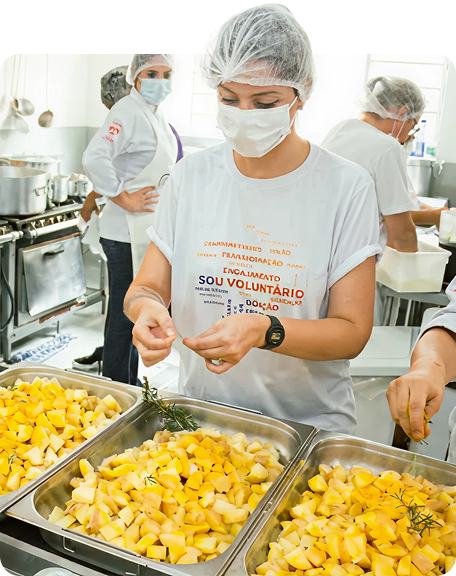
We promote a plural and inclusive work environment, with a focus on welfare social responsibility and strengthening communities. Our commitment to social responsibility also extends to the value chain, through the re-inclusion of suppliers.
We collaborate with the community through the MBRF Institute, responsible for coordinating the company’s social impact investments and projects. Aiming to promote more just and sustainable communities, it acts as an accelerator of positive social impact, driving initiatives in the “Food that Transforms” and “Education for the Future” areas, and managing the BRF Volunteers Program.
Over its 13 years of operation, the BRF Institute has impacted the lives of more than 3.6 million people, mobilized 40,000 volunteers, and conducted more than 3,400 social initiatives in 70 cities across Brazil.

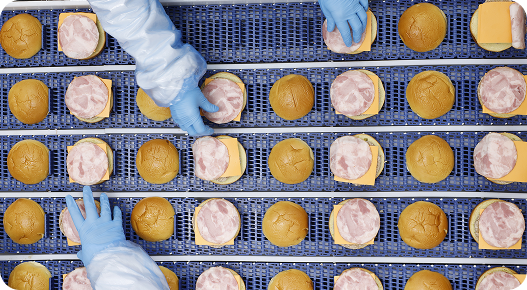
MBRF’s sustainability initiatives have received consistent recognition in various rankings and indexes, highlighting the company’s commitment and considerable progress in recent years toward sustainable development.
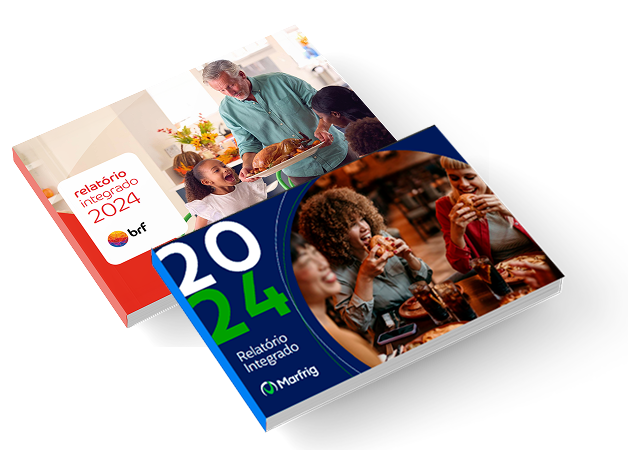
MBRF’s Integrated Reports reflect our commitment to transparency, corporate responsibility, and sustainable value creation. In those reports we present the year’s initiatives, achievements, and challenges in our value creation journey and our Sustainability Platform in a clear and structured manner.